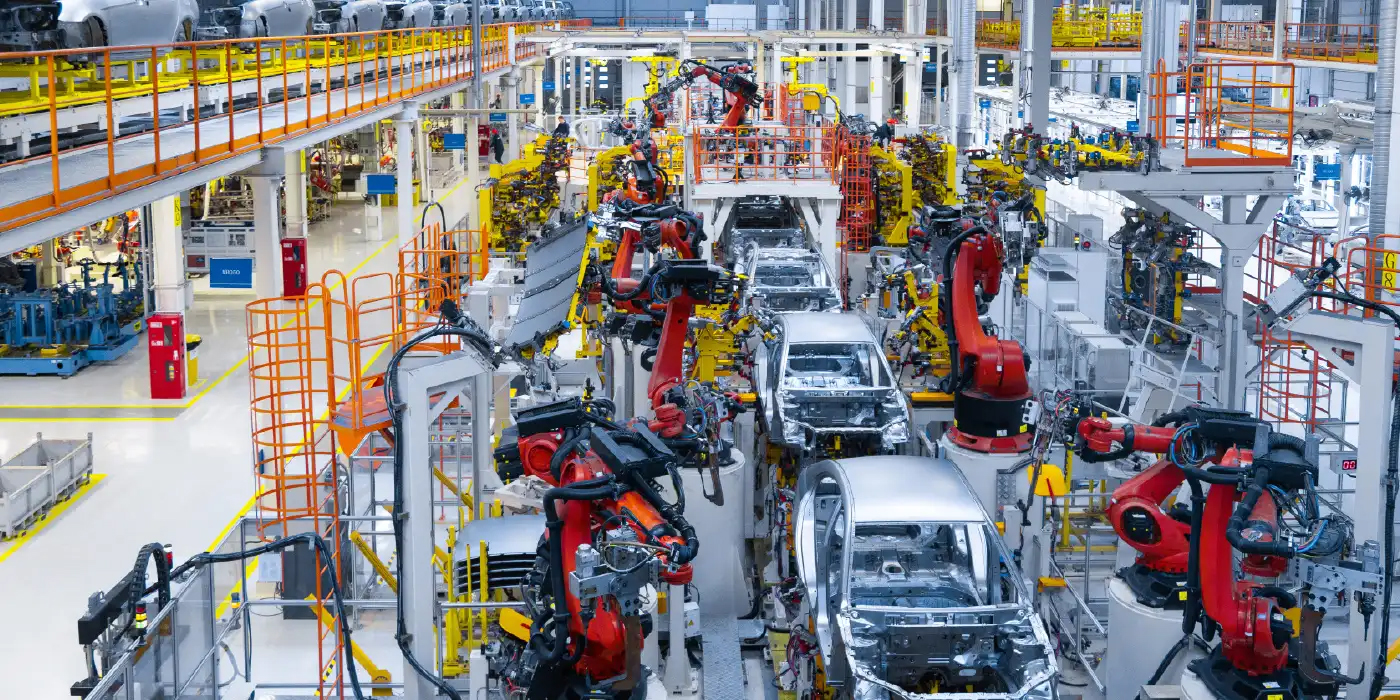“In our North American aftermarket, overseas low-cost-countries like China and India have created a whole new class of products that are fit for purpose, and usually are offered without any kind of reference, technical, warranty or returns support at all. They are cheap — as much as 50 to 70 percent cheaper than premium products and their quality is getting much better. In just a few short years they have come from nowhere to command more than half of the volume in many product categories.” – Terry McCormack, president and CEO of Affinia Group in an aftermarketNews Executive Interview from November 2005.
It was nearly two years ago that Affinia’s Terry McCormack noted the increasing role that low cost countries were beginning to play in parts manufacturing. At the time, McCormack was one of the first high-profile aftermarket executives to speak publicly about it. Since then, China and India have become serious players in the automotive aftermarket. The Motor & Equipment Manufacturers Association estimates the value of China’s aftermarket will triple to $12 billion by 2015; and India is anticipated to be the automotive industry’s next fastest growing market. India’s government, looking to position the country as a destination for automotive manufacturers and suppliers, is currently pursuing a 10-year plan to grow its $34 billion automotive industry to $145 billion by 2016.
As a low-cost option for manufacturing parts, outsourcing to countries like China and India is no longer just for the ‘forward thinkers’ in this industry. The majority of large auto parts manufacturers today have moved at least some of their parts manufacturing operations overseas. Initially, many in the industry raised concerns about how outsourcing parts manufacturing might compromise product quality and brand reputation. Yet today, at the very top of the distribution channel, the comfort level with offering product that isn’t “Made in the USA” has increased greatly. You could say it’s no longer even an issue, given the realities of today’s marketplace.
But what about the other end of the distribution channel – what do the technicians think? We asked some technicians how much country of origin matters when selecting parts for repairs. Simply put, we asked if they care where a part is made. Here’s what they had to say:
Charlie Sisk, Fred’s Auto Repair:
“We don’t really have a choice when it comes to the parts we use, but if we did, we would look at where they come from. Usually, that info is not available until we get the part. But, it’s not a big priority where it comes from. Generally, in the neighborhood that we are located, we have to get the cheaper parts, because we have to make the sale. And, usually, the cheaper parts are the Chinese parts. Especially with tires, we have to go with what is the cheapest, and it’s usually the Asian brands. The products coming in from Asia aren’t worse in terms of quality, they are just cheaper.”
Max Currier, Jim & Sons Transmission:
“No, I don’t look at the country of origin when selecting a part for a repair job. But it does matter where a part comes from, sometimes. It depends on the part. I’ve used foreign-made parts. Sometimes they are good, sometimes they’re not. I tend to stick to the brands I know and trust.”













